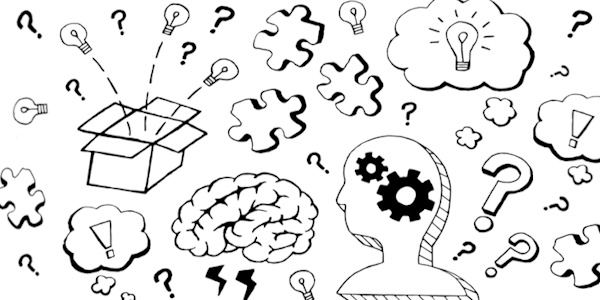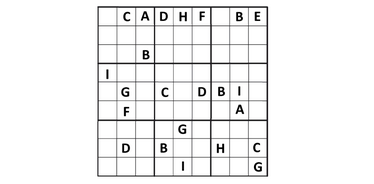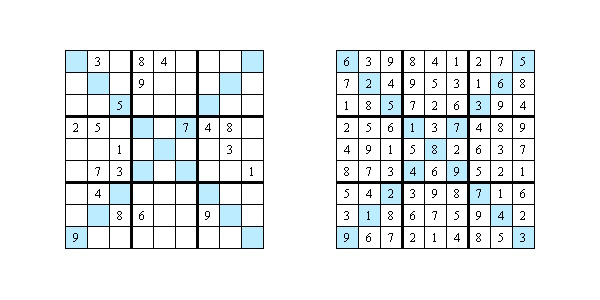New research shows that regularly solving logic puzzles can not only stimulate the brain but also strengthen mental resilience. Researchers from the University of Oregon (Rahman, Foxman, Markowitz, 2024) analyzed over 30,000 user reviews of popular brain-training apps to find out how these games affect people in their daily lives.
The results revealed that so-called "cognitive games" (including Sudoku, crosswords, and other puzzles) primarily influence emotional well-being rather than intelligence.
Users who play such games regularly report:
- reduced anxiety;
- increased self-confidence;
- a sense of order and control in daily life;
- improved mood.
Some study participants even described Sudoku as a form of meditation: the game helps them focus, disconnect from the hustle, and get through stressful periods.
Why Does It Work?
People see games like Sudoku not just as brain workouts but as tools for emotional reset. When someone solves these puzzles, they face a clear, manageable task with a specific goal—which is especially valuable in an uncertain world.
Users shared that such games help restore a sense of control, organize their thoughts, and shift focus to something calm. Sudoku becomes part of a daily ritual—some play in the morning before work, others before bed. This creates a feeling of order and stability and offers a way to relax without social media or news.
The researchers also point out that the key factor isn't memory improvement itself, but how a person feels during the game—focused, calm, capable of small victories. These very feelings are directly linked to improved mental well-being.
Moreover, these games don’t involve competition, pressure, or strict demands—you simply solve a puzzle at your own pace. It’s not about the result, but about the inner state during the process.



